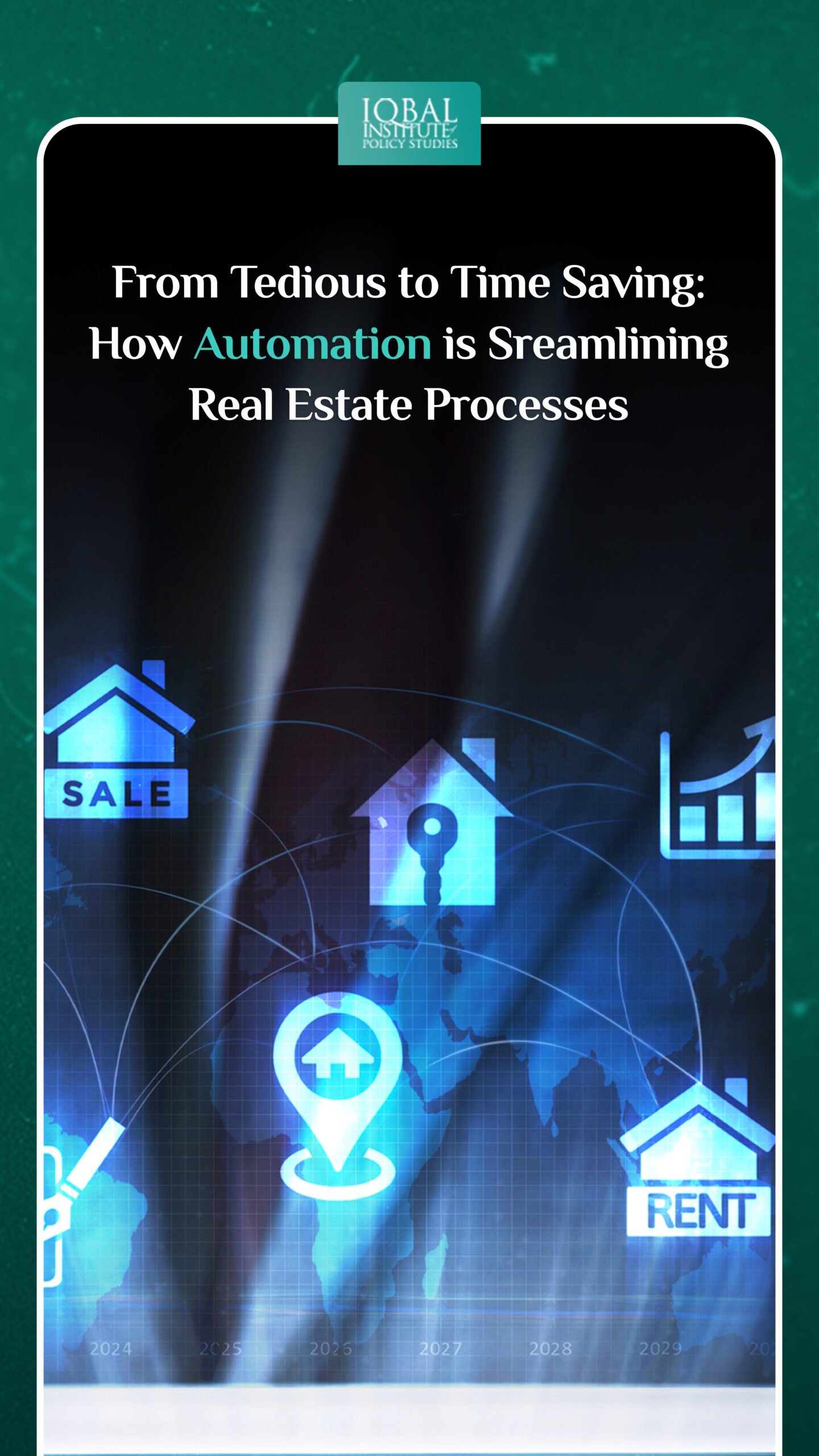Automation has revolutionised various industries, and real estate is no exception. With the advent of technology and modern software systems, many tedious and time-consuming tasks in the real estate industry can now be streamlined through automation. In real estate, automation refers to using technology and software systems to streamline and simplify various processes involved in the industry. It uses tools like property management software, customer relationship management (CRM) systems, and workflow automation platforms to automate tasks, reduce manual effort, and improve efficiency. This has increased efficiency, reduced costs, and improved overall productivity. Here are some ways in which automation is transforming real estate processes:
Property Research
Automation has made property research more efficient and accessible. Real estate professionals can utilise automated tools and algorithms to analyse property data, evaluate market conditions, and identify investment opportunities. This saves time and resources, allowing for faster and more accurate property assessments. Furthermore, automated tools handle large volumes of data and research requests simultaneously, enabling researchers to analyse multiple properties, regions, or markets concurrently, thus increasing productivity and expanding the scope of their work.
Property Listing and Management
Automation has simplified properties’ listing and management processes. Real estate agents and managers can input property details, upload images, and create comprehensive listings through automated systems. These systems can also sync with multiple listing platforms, ensuring that properties reach a wider audience effortlessly. Automating property listings and management tasks can reduce human errors and general mistakes in data entry, pricing, and other critical information, ensuring accuracy and consistency across multiple listings.
Customer Relationship Management (CRM)
CRM systems allow real estate professionals to track and manage their interactions with clients, leads, and contacts. Automation enables the automation of tasks such as lead nurturing, email marketing, and follow-ups. It also helps track client preferences, schedule appointments, and generate personalised content, enhancing customer satisfaction and engagement. Furthermore, CRM automation tools create reports, dashboards, and visualisations, enabling businesses to monitor sales performance, customer behaviour, and overall business growth. This data-driven approach allows for informed decision-making and continuous improvement.
Document Management
Real estate transactions involve a significant amount of paperwork. Automation simplifies document management by digitising and centralising all relevant files. This allows for easy access, retrieval, and sharing of documents with clients, lenders, and other stakeholders. Additionally, automated systems can generate standardised documents such as contracts, leases, and disclosure forms, reducing the time and effort required for manual drafting.
Financial Processes
Automation has made financial processes in real estate more efficient. Real estate professionals can utilise accounting software that automates rent collection, expense tracking, and financial reporting tasks. These systems can integrate with bank accounts and payment gateways, streamlining the entire financial workflow and reducing the chances of errors.
Property Maintenance and Inspections
Automated systems can schedule and track property maintenance tasks, such as regular inspections, repairs, and preventive maintenance. IoT (Internet of Things) devices and sensors can be integrated into buildings to monitor parameters like temperature, humidity, and energy usage. This enables proactive maintenance and issue detection, ensuring optimal property conditions and reducing costly emergency repairs.
Data Analysis and Reporting: Automation tools can collect and analyse large amounts of data from different sources, such as property listings, market trends, and client preferences. By leveraging machine learning and artificial intelligence, real estate professionals can generate accurate reports, identify patterns, and make data-driven decisions. Automated analytics platforms can also provide insights into market trends, pricing strategies, and investment opportunities.
Virtual Tours and Marketing
Automation has transformed how properties are marketed and showcased. Virtual tour software allows potential buyers or tenants to explore properties remotely, saving time and resources for both parties. Automation provides quick and accurate responses to common queries through chatbots or virtual assistants. These automated systems can handle basic customer interactions, provide information, and escalate complex issues to human agents when necessary, improving customer satisfaction and reducing response times. Automated marketing tools can create and distribute property listings across various online platforms, social media, and email campaigns, reaching a broader audience and maximising exposure.
Smart Buildings and Home Automation
The rise of smart buildings and home automation has impacted the real estate industry. Automated systems within buildings, such as heating, ventilation, air conditioning (HVAC), lighting, and security, improve energy efficiency, enhance tenant comfort, and reduce operational costs. These features have become increasingly desirable for both commercial and residential properties.
Conclusion
In conclusion, automation has emerged as a game-changer in the real estate industry, revolutionising how transactions are conducted, properties are managed, and customer experiences are enhanced. The significance of automation in real estate cannot be overstated, as it brings numerous benefits and efficiencies to the sector, making them more efficient, accurate, and time-saving. From document processing, property management, financial processes, and data analysis to virtual tours, home automation, Chatbots, and automated email campaigns, automation reduces human error and saves valuable time and resources. By embracing automation, real estate professionals can focus on high-value tasks, provide better customer experiences, and stay ahead in a competitive market.
This article is written by Radma Nouman. Radma is a Research Analyst at Iqbal Institute of Policy Studies (IIPS).



Leave a Reply